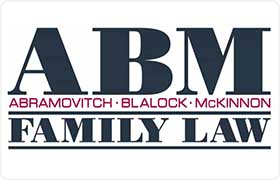Oak Lawn Adoption Lawyer, Illinois
Sponsored Law Firm
-
 x
x

Click For More Info:
-
Abramovitch Blalock McKinnon, LLC
120 North LaSalle Street Suite 1030 Chicago, IL 60602» view mapDivorce & Family Law Guiding You Through The Toughest Times
When dealing with complex legal matters that involve your family, it’s crucial to seek counsel from a dedicated, dependable Chicago divorce lawyer.
800-609-2870
James J. Siwek
✓ VERIFIEDDivorce & Family Law, Wills & Probate, Family Law, Landlord-Tenant, Adoption
James Siwek is a practicing lawyer in the state of Illinois who handles Family and Estate cases.
Elizabeth Wagenaar
Adoption, Alimony & Spousal Support, Asylum, Child Support
Status: In Good Standing
J. David Pedraza
Adoption, Alimony & Spousal Support, Arbitration, Corporate
Status: In Good Standing
Patrick Joseph Urbut
Traffic, Wills & Probate, Trusts, Adoption
Status: In Good Standing Licensed: 52 Years
Rose Ann Montgomery
Traffic, Federal Appellate Practice, Divorce, Adoption
Status: In Good Standing Licensed: 34 Years
John Noonan Farrell
Divorce, Transactions, Adoption, Family Law
Status: In Good Standing Licensed: 32 Years
Rhea A. Dorsam
Alimony & Spousal Support, Child Support, Adoption, Children's Rights
Status: In Good Standing Licensed: 42 Years
 Tina Abramovitch Chicago, IL
Tina Abramovitch Chicago, IL

